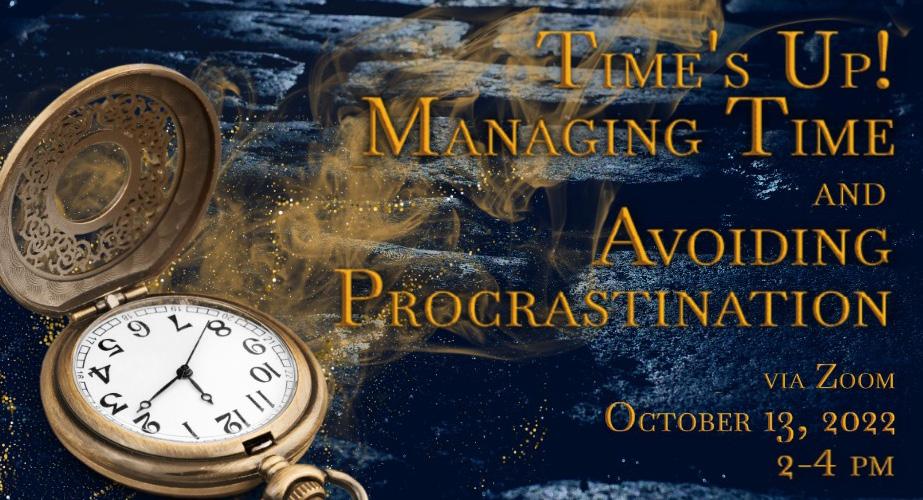
1 minute read
Researchers’ Club Uncovers the Ethics of Researching with “Talking Data”

To embark on the essence of the ethical practices in literature review and data collection of research, the Researchers’ Club held their first research webinar Talking Data: Understanding the Ethical Practice of Literature Review and Data Collection last October 22 via Zoom.
As a researcher, Kwin Juliana Romana, E12P, told her experiences from her previous academic years. She explained the flow and structure of each part of a research paper.
Afterwards, the first speaker, Mrs. Brenfel Hajan, a research coordinator at San Lorenzo Ruiz Senior High School from Pasig, discussed the significance of literature review and its primary role in a research paper. She emphasized that researchers should go beyond the prints of the text in academic papers. Mrs. Hajan further demonstrated ways to locate credible sources online through research engines, particularly Google Scholar. She also taught the proper citations and made a point, “We should not forget that we are getting information, and for it to be credible, we need to have the lawyers of our paper, and that would be the RRLs and authors in your research study.”
The second speaker discussed the ethics of data collection, Mr. Darren Rey Javier, an educator at Baras-Pinugay Integrated High School from Rizal. He explained the basics of data collection in the post-pandemic era. He also explained the measures to
By Adrienne Riel Cruz
take before, during, and after data collection, emphasizing the liberty of participation, the proper recording of data, and the confidentiality of identities.
“Accept and respect the results of the study,” Mr. Javier affirmed to stimulate awareness regarding academic fraud. He elaborated that during the communication of results, everything in the paper should be accurate.
Students from several Senior High schools in Pasig, Rizal, and Sulu filled the virtual room.
An open forum was initiated to provide an avenue for Grade 11 and Grade 12 students to express their inquiries and clarifications about the presentations.






